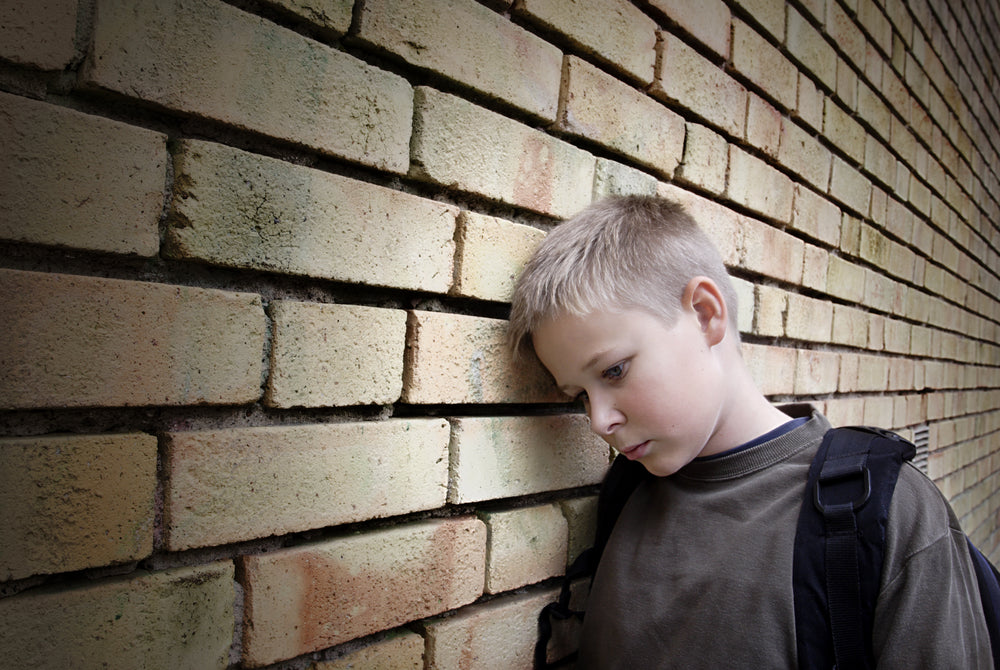
5 Thoughts On Walking With Teenagers Through Their Grief
Maybe it's already happened. If not it will. You will be called on to help students deal with grief. It could be due to a tragedy in your youth group, or perhaps the death of a teenager in your community. The grief could come from the death of a family member or the close friend of a student.
Whatever the situation, you will be called on to help the student through the grieving process.
Here are a few things to keep in mind that might help you as you guide a teenager through this very difficult time in life.
1. There's No One Size Fits All
All teenagers handle grief differently. Many people will tell a student to expect to "feel this" and "experience that" but I've found the best thing is to tell the student to move at their pace. Encourage them to cry if they want to, but not to feel bad if they don't. Help them feel good about being silent, or about seeking out laughter. However they choose to process, it's important they feel the freedom to grieve in their way and in their time.
2. It's Always Personal
Keep the “why" and the "who” in mind at all times. The more tragic the death, such as suicide or some other unexpected situation, and the closer the student was to the person who died, the deeper the hurt.
3. A Little Knowledge Never Hurt Anyone
Read up on the Kubler-Ross five stages of grief: Denial, Anger, Bargaining, Depression, and Acceptance. While they aren't set in stone (see point 2 above), they are valuable in helping you help your student.
4. Do You Really Understand?
Students seem not to like it when people tell them they know what they're feeling. Unless you've lost someone close to you in a similar situation, simply tell the student you love them and will pray for them, and that you hurt with them.
5. Teenagers Are Resilient
Don't be surprised if the student moves ahead quickly. My experience has been that teenagers are pretty resilient after losing someone close to them.
There are many opportunities available for you to be professionally trained in helping people deal with grief. Check online or with your local mental health professionals for seminars or workshops in your area. Whether professionally trained or not, your presence and availability as their youth pastor or youth worker will be valuable in helping the student sort through all the emotions and feelings that come when dealing with loss.
What has been your experience in this area? What would you add to the list?




Leave a comment